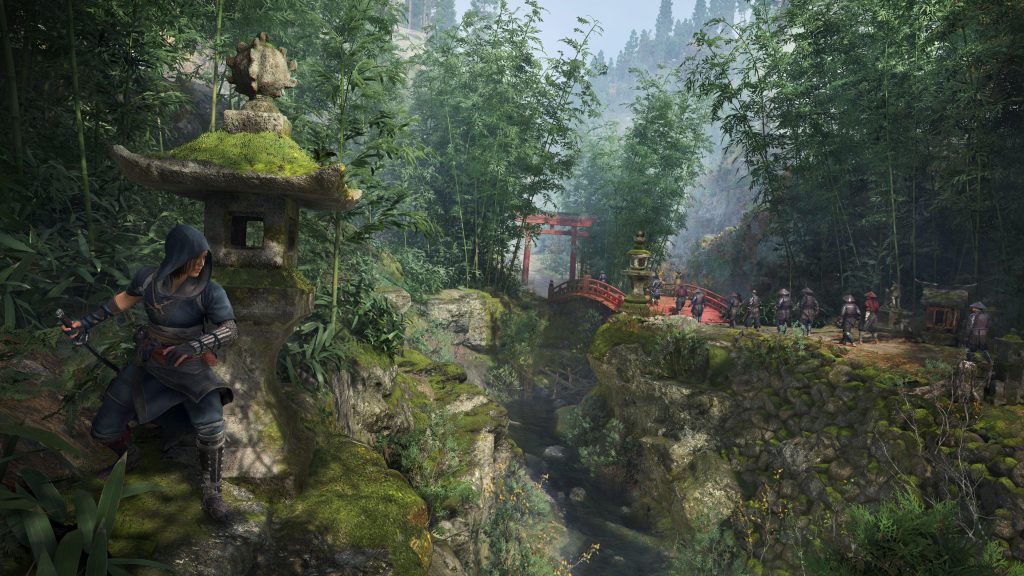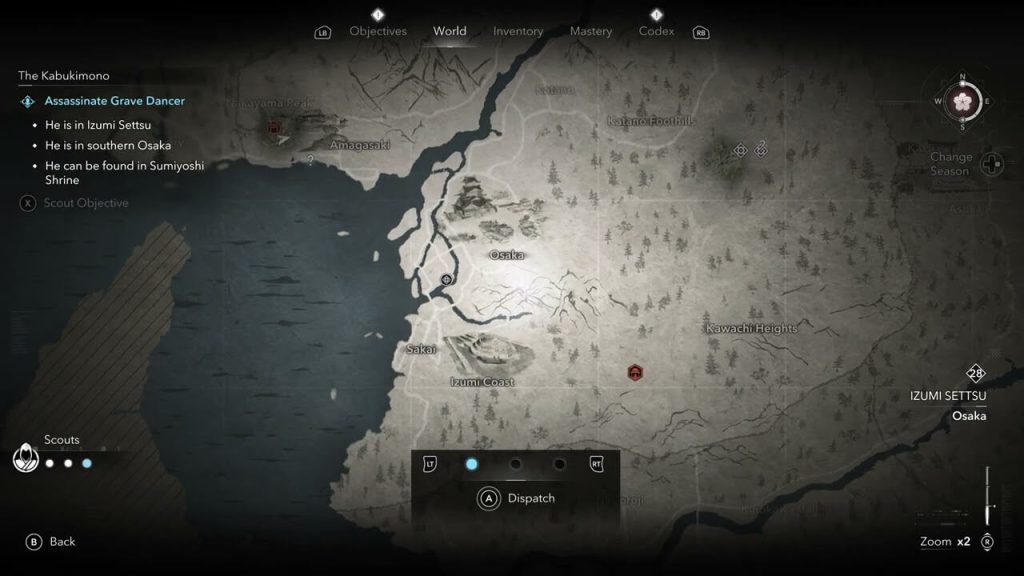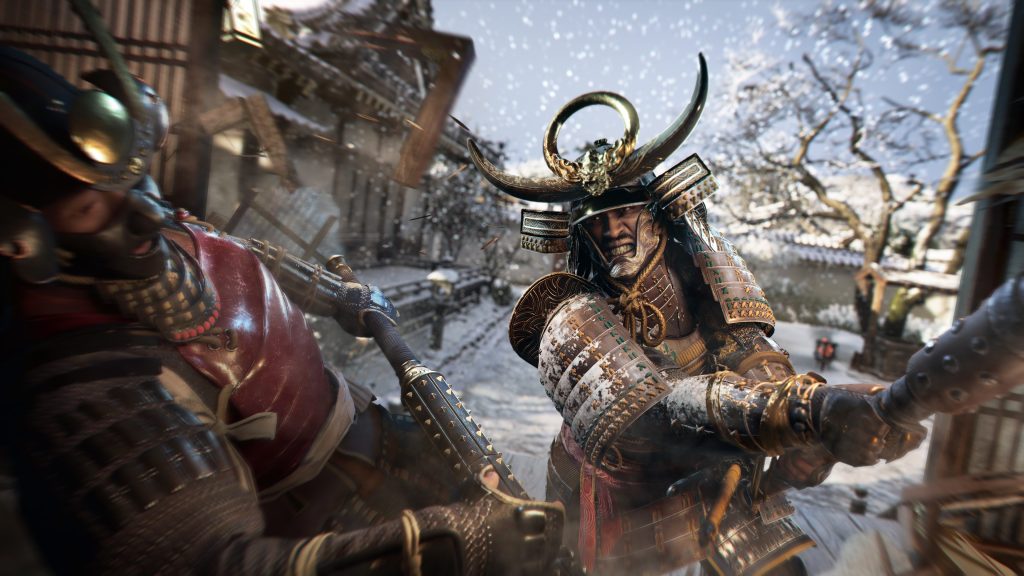Assassin’s Creed Shadows has recently released new information about the exploration aspect of the game. Even though the game has had various ups and downs, with another delay announced, the developers are hard at work to deliver an experience that will showcase Japan in a fresh new way.

While the exploration blog post revealed intriguing and exciting details about the game, there is one particular change that has the potential to create a wave of controversy: the minimal approach to map makers/icons. This shift, although well-intentioned, raises questions about how it will impact the player experience.

In the latest blog post by Ubisoft, Game Director Charles Dumont showcased some of the team’s plans for exploration in Assassin’s Creed Shadows. He explained that the reason why the team is removing traditional map markers is to give players the freedom to explore and discover the world on their own.
The thought process behind this decision is clear: reduce hand-holding and create a more immersive experience for players, where they need to earn information and uncover secrets through their own investigation, like talking to NPCs, and basic environmental observation.
While this ambition is admirable, it does come with its drawbacks. First of all, it will be completely different from previous titles in the series. And secondly, it risks frustrating players who enjoy exploring the world and completing it in full.
Sure, it makes exploration feel more rewarding, and for players who prioritize narrative and world-building, the absence of constant icons cluttering the screen might create a more immersive and cinematic experience.
However, what about the players who thrive on collecting information and uncovering every hidden detail? This minimalist approach to mapping could feel limiting and make the world seem overly barren.
Ubisoft should have found a middle ground or, at the very least, added a toggle that would allow players to remove icons from the map, accomplishing the same goal with much more flexibility.

In open-world games, it’s difficult to find the right balance between discovery and direction. Dumont explained that in Shadows the studio wants to emphasize the joy of self-guided exploration, creating a sense of immersion where players feel like they are truly uncovering the world at their own pace.
However, there’s a fine line between providing freedom and leaving players lost. The perfect example of this is Elden Ring. In that game, the map markers weren’t just there for convenience, they served as a subtle guide, pointing players toward important locations or areas.
These markers were minimal enough to feel natural but sufficient enough to avoid endless wandering. But by removing this direction entirely, Ubisoft risks making exploration feel aimless, frustrating, and, at times, disengaging.
Since the recent delay was due to the developers wanting more time to implement player feedback, we can be hopeful that they will consider this feedback as well. Similarly how Viewpoints (synchronization points) have made a comeback.
In the end, all we can do is hope and pray that the developer will be able to deliver. Even though it’s a fine line, when executed well, it can make all the difference in creating a truly engaging open-world experience.
#Quest #Perfect #Game #Ubisoft #Abandoned #Critical #Open #World #Feature #Loved #Elden #Ring



